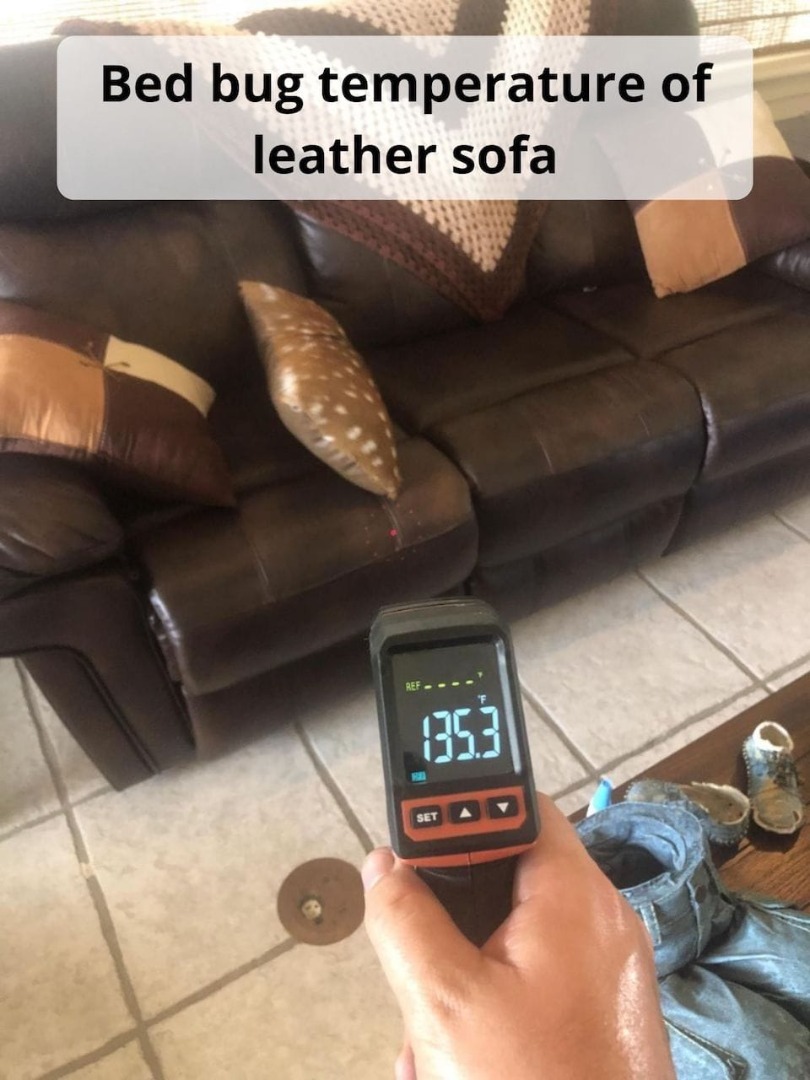

Laboratory North Carolina Crouse Lincolnton High Shoals

Lincoln Gaston Cleveland Catawba Counties

Bed Bugs South Lincolnton Long Shoals Crouse
Thermal treatments for bedbugs are essential for efficiently getting rid of these tenacious pests from your home in Laboratory. Unlike chemical treatments, thermal treatments can reach all areas in which bedbugs might be hiding, including cracks, crevices, and furniture. Heat treatments are also non-toxic, which makes them safe for homes with children and pets. Moreover, thermal treatments for bedbugs are known to be very effective in killing all life stages of bedbugs, which includes eggs, nymphs, and adults. It means, a single treatment can wipe out the entire infestation, avoiding re-infestation and lowering the need for multiple treatments. On the whole, bedbug heat treatments offer a fast, safe, and reliable solution for getting rid of these pesky insects, supplying homeowners with peace of mind and a comfortable, bedbug-free living environment in Laboratory.
Eradicate Bed Bugs in Laboratory NC
Innovative Infestation Removal for Virtually 30 Years: Bed Bugs Inc. has been at the vanguard of the bed bug removal industry for virtually three decades. Our state-of-the-art temperature control technology sets us apart, delivering effective solutions to pest infestations in Laboratory and beyond.
Advanced Temperature Controls for Focused Results: Our steadfast commitment to innovation has led us to rely on temperature controls, proven to be more efficient than traditional chemical methods. With years of knowledge, we bring unparalleled precision to pest eradication in Laboratory, ensuring thorough and lasting results.
Sustainable Solutions Adapted to Laboratory Neighborhoods: Bed Bugs Inc. takes pride in championing green practices. Our non-toxic temperature control for pests not only provide superior solutions in Laboratory but also prioritize the health of our clients and the local environment. Discover the proficiency behind our successful and sustainable infestation eradication approaches.